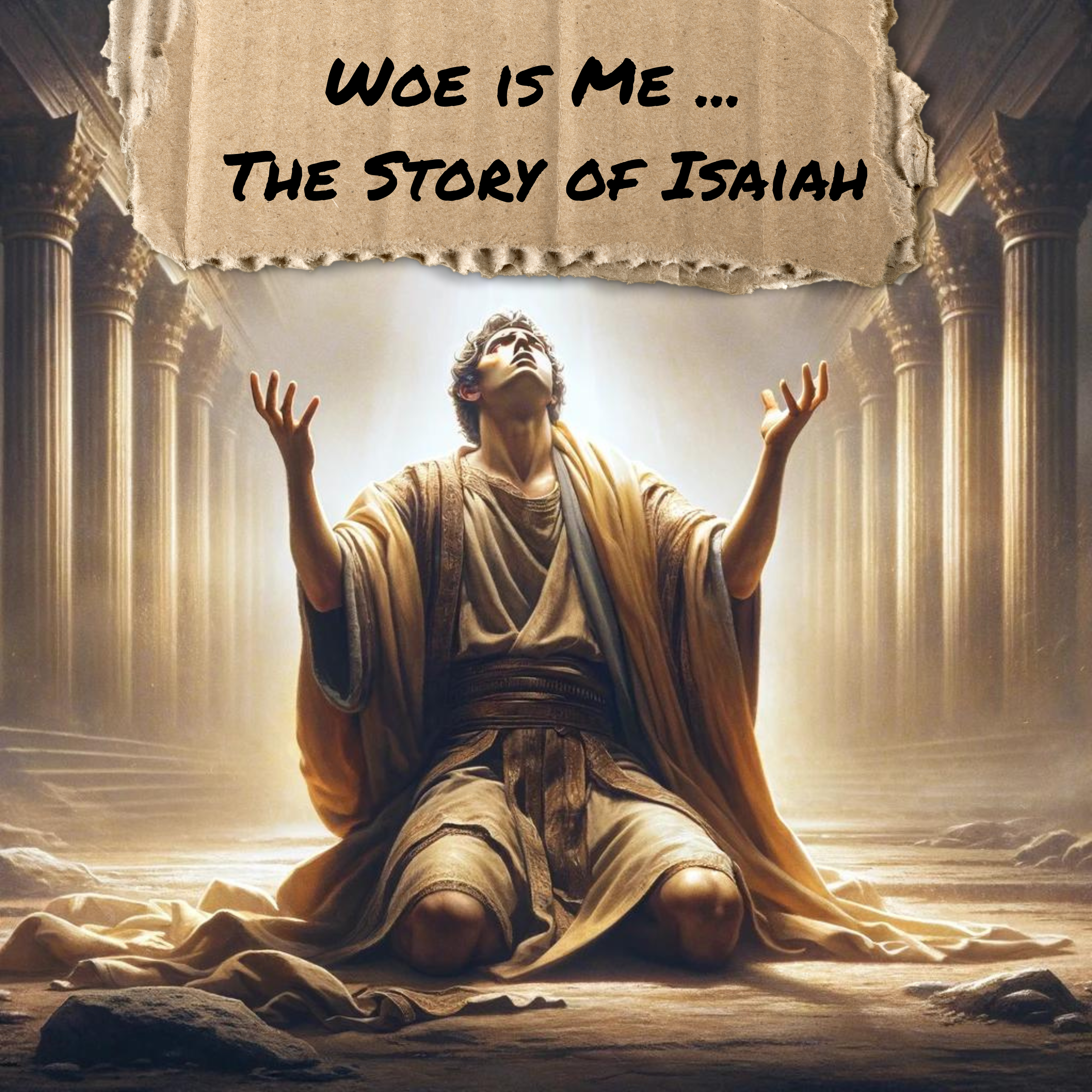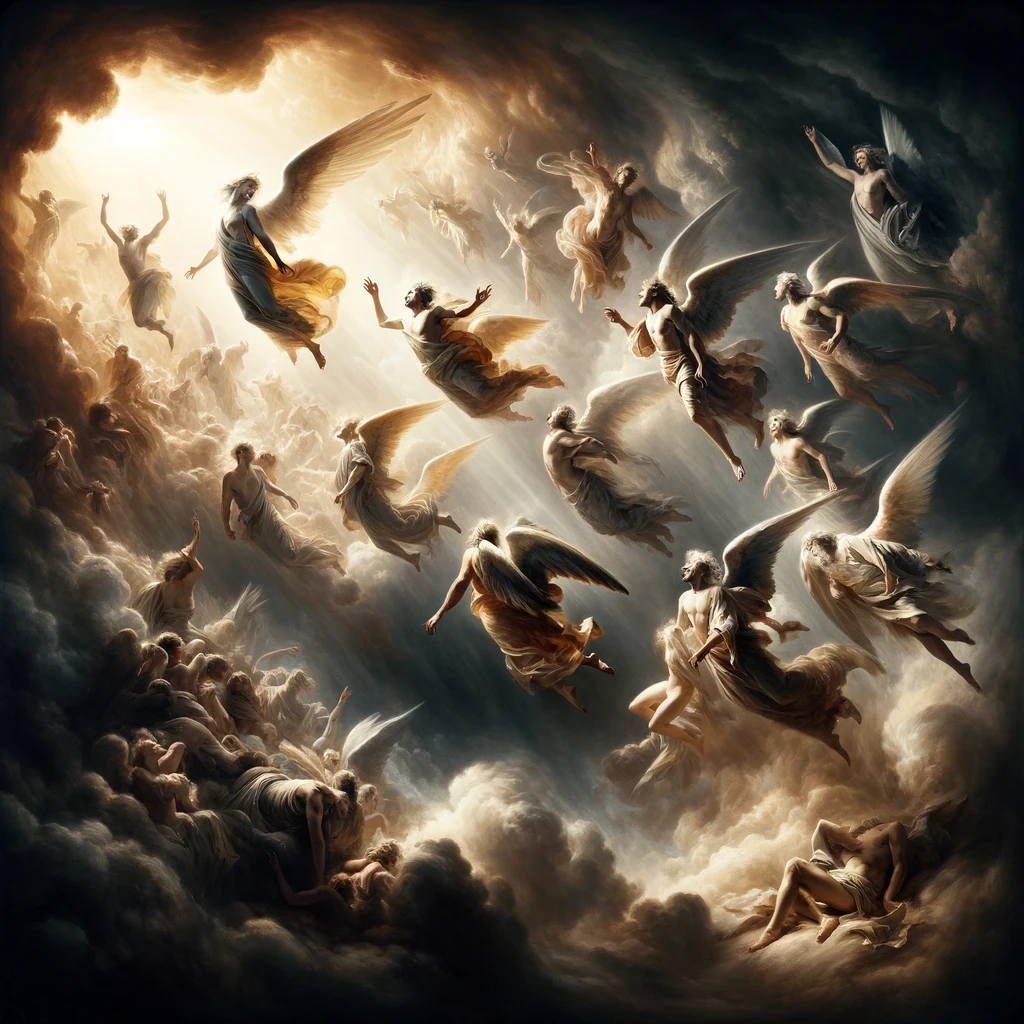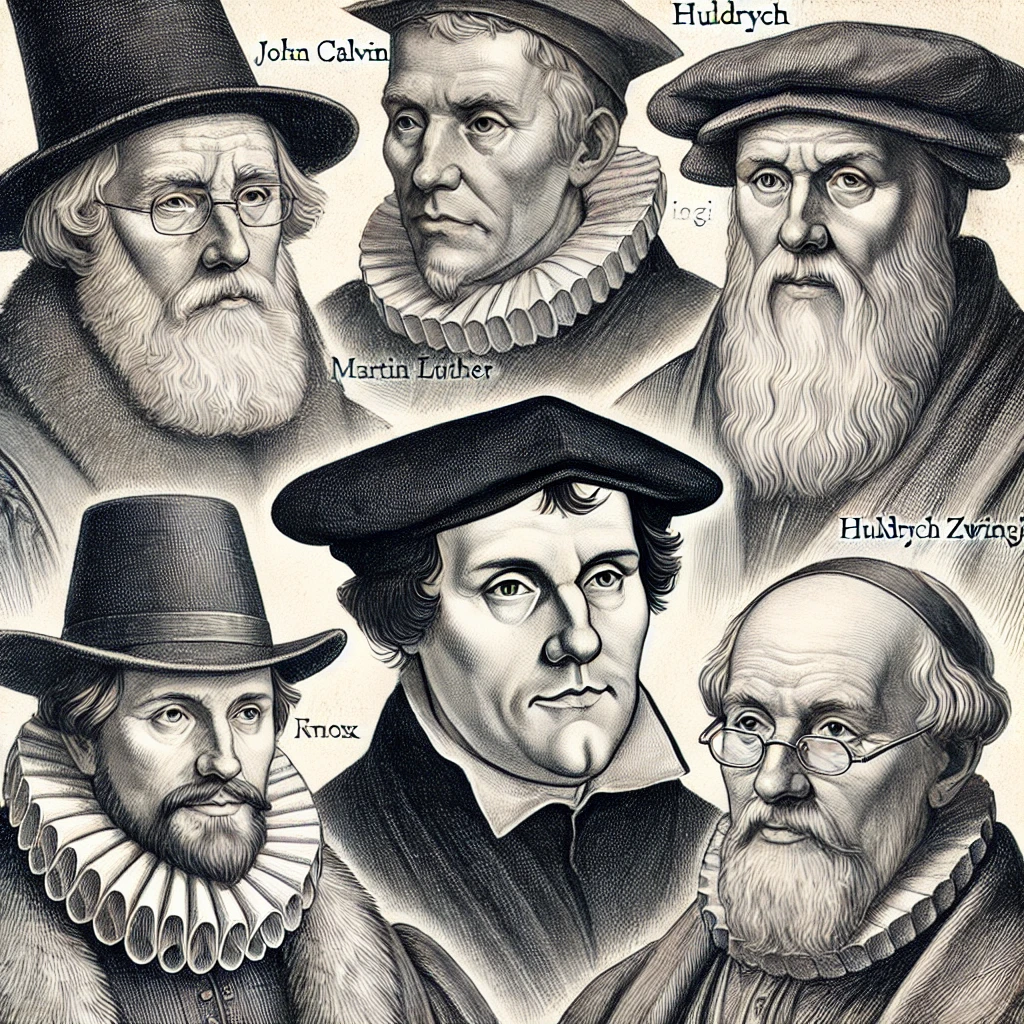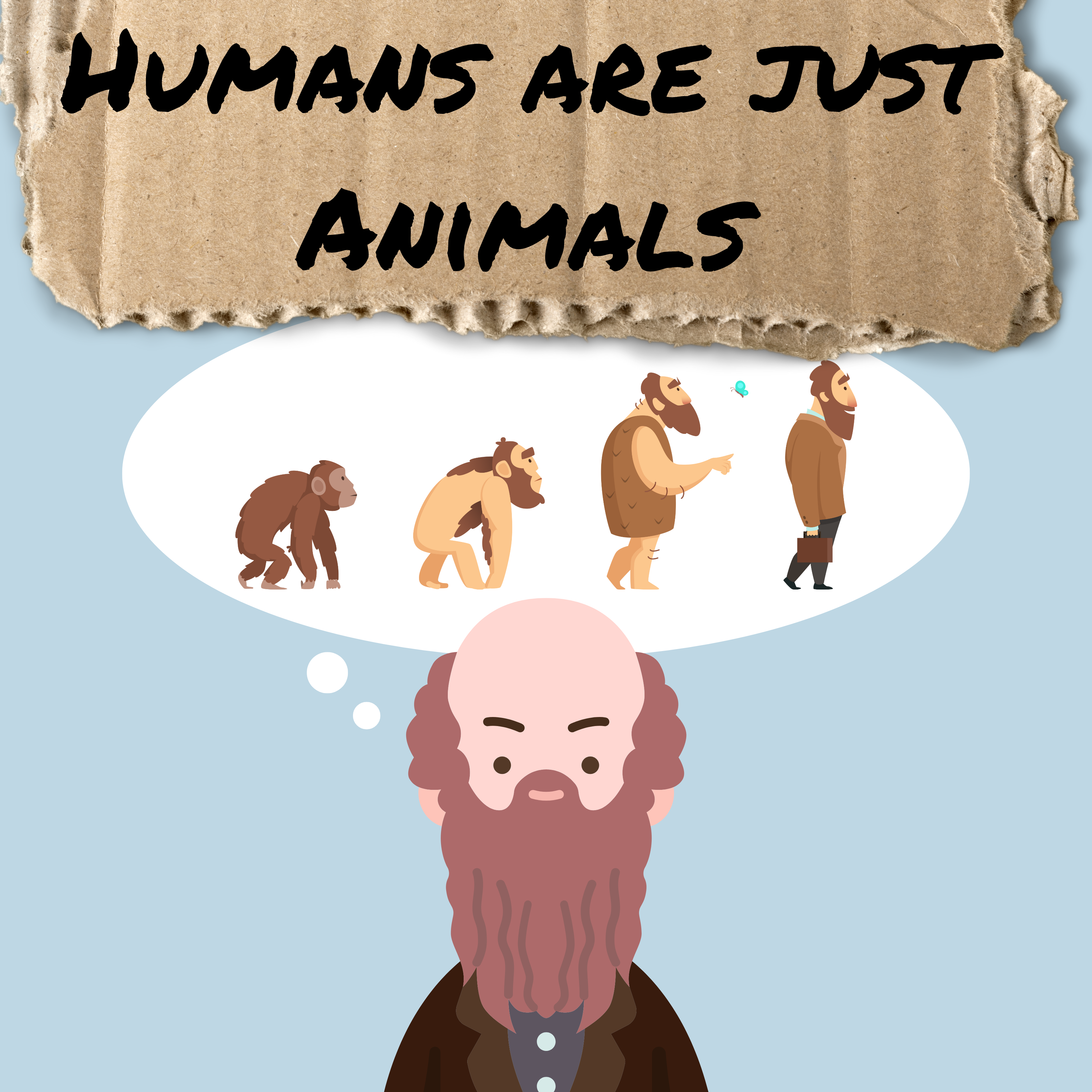
Introduction
The Book of Isaiah, one of the most profound and theologically rich books in the Old Testament, offers a compelling vision of God’s plan for salvation and redemption. Often referred to as the “Gospel of the Old Testament,” Isaiah contains numerous prophecies that foretell the coming of the Messiah, Jesus Christ. Through its vivid imagery and powerful messages, Isaiah presents a holistic view of the gospel that encompasses judgment, hope, and ultimate restoration. This article explores the key themes of the gospel as presented in Isaiah, highlighting how they point to the person and work of Jesus Christ.
The Context of Isaiah
Isaiah prophesied during a tumultuous period in Israel’s history, spanning the reigns of several kings of Judah. His ministry occurred in the 8th century BC, a time marked by political instability, social injustice, and spiritual decline. Despite the immediate context of impending judgment and exile, Isaiah’s prophecies transcend his era, offering a future hope centered on the coming of the Messiah.
The historical context of Isaiah’s prophecies includes the looming threat of Assyrian invasion and the eventual Babylonian exile. Isaiah’s messages were both a warning to the people of Judah to turn back to God and a promise of hope and restoration for a future generation. His writings addressed the people’s unfaithfulness, idolatry, and injustice, while also pointing them to the faithful and just character of God.
The Holy God and Human Sinfulness
One of the central themes in Isaiah is the holiness of God and the pervasive sinfulness of humanity. Isaiah’s vision of God’s holiness in Isaiah 6 is a foundational passage:
“In the year that King Uzziah died, I saw the Lord sitting upon a throne, high and lifted up; and the train of his robe filled the temple. Above him stood the seraphim. And one called to another and said: ‘Holy, holy, holy is the Lord of hosts; the whole earth is full of his glory!'” (Isaiah 6:1-3, ESV)
This vision emphasizes God’s absolute purity and majesty, highlighting the stark contrast with human sinfulness. Isaiah’s immediate reaction to this vision was one of profound self-awareness and repentance:
“Woe is me! For I am lost; for I am a man of unclean lips, and I dwell in the midst of a people of unclean lips; for my eyes have seen the King, the Lord of hosts!” (Isaiah 6:5, ESV)
Isaiah’s recognition of his own sinfulness and the sinfulness of his people underscores the need for divine intervention. This theme of sin and the need for purification is prevalent throughout Isaiah’s prophecies. The prophet continually calls the people to repentance, warning them of the consequences of their disobedience while also offering the hope of forgiveness and restoration.
The Promise of Redemption
Amidst declarations of judgment, Isaiah consistently interweaves promises of redemption and restoration. Central to this theme is the prophecy of the suffering servant, which points directly to Jesus Christ. Isaiah 53 is perhaps the most explicit and poignant depiction of the Messiah’s sacrificial role:
“Surely he has borne our griefs and carried our sorrows; yet we esteemed him stricken, smitten by God, and afflicted. But he was pierced for our transgressions; he was crushed for our iniquities; upon him was the chastisement that brought us peace, and with his wounds we are healed.” (Isaiah 53:4-5, ESV)
This passage foretells the atoning work of Christ, who would take upon Himself the sins of humanity, providing a way for reconciliation with God. The imagery of the suffering servant underscores the depth of God’s love and the extent of His plan for redemption.
Isaiah 53 continues to describe the suffering servant’s humble and unjust treatment:
“He was oppressed, and he was afflicted, yet he opened not his mouth; like a lamb that is led to the slaughter, and like a sheep that before its shearers is silent, so he opened not his mouth.” (Isaiah 53:7, ESV)
This silent submission to suffering reflects the New Testament accounts of Jesus’ trial and crucifixion. Jesus, the Lamb of God, willingly endured suffering and death to fulfill the redemptive plan of God.
The Messianic King
Isaiah not only prophesies about the suffering servant but also about the coming of a righteous and eternal king. Isaiah 9:6-7 vividly portrays this Messianic hope:
“For to us a child is born, to us a son is given; and the government shall be upon his shoulder, and his name shall be called Wonderful Counselor, Mighty God, Everlasting Father, Prince of Peace. Of the increase of his government and of peace there will be no end, on the throne of David and over his kingdom, to establish it and to uphold it with justice and with righteousness from this time forth and forevermore. The zeal of the Lord of hosts will do this.” (Isaiah 9:6-7, ESV)
These titles and the promise of an everlasting kingdom point to Jesus Christ, who fulfills the Davidic covenant and brings eternal peace and justice. The description of the Messiah as “Wonderful Counselor” and “Mighty God” emphasizes His divine wisdom and power. “Everlasting Father” and “Prince of Peace” highlight His eternal reign and the peace He brings to His people.
Isaiah 11 further elaborates on the Messianic king’s righteous rule:
“There shall come forth a shoot from the stump of Jesse, and a branch from his roots shall bear fruit. And the Spirit of the Lord shall rest upon him, the Spirit of wisdom and understanding, the Spirit of counsel and might, the Spirit of knowledge and the fear of the Lord.” (Isaiah 11:1-2, ESV)
This prophecy points to Jesus’ lineage from David (Jesse’s son) and the anointing of the Holy Spirit upon Him. The Messiah’s reign will be characterized by righteousness and justice, bringing harmony and restoration to creation.
The Universal Scope of Salvation
Isaiah’s vision of salvation is not limited to Israel but extends to all nations. This universal scope is evident in passages like Isaiah 49:6:
“I will make you as a light for the nations, that my salvation may reach to the end of the earth.” (Isaiah 49:6, ESV)
This inclusivity is further emphasized in Isaiah 56:7, where God’s house is described as “a house of prayer for all peoples.” This theme resonates with the New Testament revelation of the gospel being available to all, Jew and Gentile alike, through faith in Jesus Christ.
Isaiah 2:2-4 depicts a future where all nations come to worship the Lord:
“It shall come to pass in the latter days that the mountain of the house of the Lord shall be established as the highest of the mountains, and shall be lifted up above the hills; and all the nations shall flow to it, and many peoples shall come, and say: ‘Come, let us go up to the mountain of the Lord, to the house of the God of Jacob, that he may teach us his ways and that we may walk in his paths.’ For out of Zion shall go the law, and the word of the Lord from Jerusalem. He shall judge between the nations, and shall decide disputes for many peoples; and they shall beat their swords into plowshares, and their spears into pruning hooks; nation shall not lift up sword against nation, neither shall they learn war anymore.” (Isaiah 2:2-4, ESV)
This vision of global peace and unity under God’s reign contrasts sharply with the divided and war-torn reality of Isaiah’s time and points to the ultimate fulfillment in the reign of Christ.
The New Creation
Isaiah’s prophetic vision culminates in the promise of a new creation, a restored heaven and earth where God’s reign is fully realized. Isaiah 65:17-19 paints a picture of this future hope:
“For behold, I create new heavens and a new earth, and the former things shall not be remembered or come into mind. But be glad and rejoice forever in that which I create; for behold, I create Jerusalem to be a joy, and her people to be a gladness. I will rejoice in Jerusalem and be glad in my people; no more shall be heard in it the sound of weeping and the cry of distress.” (Isaiah 65:17-19, ESV)
This eschatological vision aligns with the New Testament’s promise of a new creation in Revelation 21, where God will dwell with His people, and there will be no more pain, death, or sorrow.
Isaiah 66:22-23 further describes the eternal nature of this new creation:
“For as the new heavens and the new earth that I make shall remain before me, says the Lord, so shall your offspring and your name remain. From new moon to new moon, and from Sabbath to Sabbath, all flesh shall come to worship before me, declares the Lord.” (Isaiah 66:22-23, ESV)
This promise assures the faithful of their eternal place in God’s renewed creation, where worship and joy will be perpetual.
The Servant Songs
The “Servant Songs” in Isaiah are a series of prophetic poems that further reveal the character and mission of the Messiah. These songs, found in Isaiah 42, 49, 50, and 52-53, provide a rich theological framework for understanding the role of the suffering servant.
The First Servant Song: Isaiah 42:1-4
“Behold my servant, whom I uphold, my chosen, in whom my soul delights; I have put
my Spirit upon him; he will bring forth justice to the nations. He will not cry aloud or lift up his voice, or make it heard in the street; a bruised reed he will not break, and a faintly burning wick he will not quench; he will faithfully bring forth justice. He will not grow faint or be discouraged till he has established justice in the earth; and the coastlands wait for his law.” (Isaiah 42:1-4, ESV)
This song highlights the gentle yet resolute nature of the servant, who will bring justice to the nations. The servant’s mission is marked by compassion and steadfastness, reflecting the character of Christ.
The Second Servant Song: Isaiah 49:1-6
“Listen to me, O coastlands, and give attention, you peoples from afar. The Lord called me from the womb, from the body of my mother he named my name. He made my mouth like a sharp sword; in the shadow of his hand he hid me; he made me a polished arrow; in his quiver he hid me away. And he said to me, ‘You are my servant, Israel, in whom I will be glorified.’ But I said, ‘I have labored in vain; I have spent my strength for nothing and vanity; yet surely my right is with the Lord, and my recompense with my God.’ And now the Lord says, he who formed me from the womb to be his servant, to bring Jacob back to him; and that Israel might be gathered to him— for I am honored in the eyes of the Lord, and my God has become my strength— he says: ‘It is too light a thing that you should be my servant to raise up the tribes of Jacob and to bring back the preserved of Israel; I will make you as a light for the nations, that my salvation may reach to the end of the earth.'” (Isaiah 49:1-6, ESV)
This song emphasizes the servant’s calling and mission to restore Israel and extend God’s salvation to the ends of the earth. The servant’s task is both national and international, reflecting the universal scope of Christ’s redemptive work.
The Third Servant Song: Isaiah 50:4-9
“The Lord God has given me the tongue of those who are taught, that I may know how to sustain with a word him who is weary. Morning by morning he awakens; he awakens my ear to hear as those who are taught. The Lord God has opened my ear, and I was not rebellious; I turned not backward. I gave my back to those who strike, and my cheeks to those who pull out the beard; I hid not my face from disgrace and spitting. But the Lord God helps me; therefore I have not been disgraced; therefore I have set my face like a flint, and I know that I shall not be put to shame. He who vindicates me is near. Who will contend with me? Let us stand up together. Who is my adversary? Let him come near to me. Behold, the Lord God helps me; who will declare me guilty? Behold, all of them will wear out like a garment; the moth will eat them up.” (Isaiah 50:4-9, ESV)
This song portrays the servant’s suffering and steadfast obedience. Despite facing opposition and abuse, the servant remains resolute, trusting in God’s vindication. This prefigures Christ’s own sufferings and His unwavering commitment to fulfill His mission.
The Fourth Servant Song: Isaiah 52:13-53:12
“Behold, my servant shall act wisely; he shall be high and lifted up, and shall be exalted. As many were astonished at you— his appearance was so marred, beyond human semblance, and his form beyond that of the children of mankind— so shall he sprinkle many nations; kings shall shut their mouths because of him; for that which has not been told them they see, and that which they have not heard they understand.” (Isaiah 52:13-15, ESV)
“Who has believed what he has heard from us? And to whom has the arm of the Lord been revealed? For he grew up before him like a young plant, and like a root out of dry ground; he had no form or majesty that we should look at him, and no beauty that we should desire him. He was despised and rejected by men; a man of sorrows, and acquainted with grief; and as one from whom men hide their faces he was despised, and we esteemed him not.” (Isaiah 53:1-3, ESV)
“Surely he has borne our griefs and carried our sorrows; yet we esteemed him stricken, smitten by God, and afflicted. But he was pierced for our transgressions; he was crushed for our iniquities; upon him was the chastisement that brought us peace, and with his wounds we are healed. All we like sheep have gone astray; we have turned—every one—to his own way; and the Lord has laid on him the iniquity of us all.” (Isaiah 53:4-6, ESV)
“He was oppressed, and he was afflicted, yet he opened not his mouth; like a lamb that is led to the slaughter, and like a sheep that before its shearers is silent, so he opened not his mouth. By oppression and judgment he was taken away; and as for his generation, who considered that he was cut off out of the land of the living, stricken for the transgression of my people? And they made his grave with the wicked and with a rich man in his death, although he had done no violence, and there was no deceit in his mouth. Yet it was the will of the Lord to crush him; he has put him to grief; when his soul makes an offering for guilt, he shall see his offspring; he shall prolong his days; the will of the Lord shall prosper in his hand. Out of the anguish of his soul he shall see and be satisfied; by his knowledge shall the righteous one, my servant, make many to be accounted righteous, and he shall bear their iniquities. Therefore I will divide him a portion with the many, and he shall divide the spoil with the strong, because he poured out his soul to death and was numbered with the transgressors; yet he bore the sin of many, and makes intercession for the transgressors.” (Isaiah 53:7-12, ESV)
This song is the most detailed and poignant description of the suffering servant’s sacrificial work. It vividly depicts the Messiah’s rejection, suffering, and death, and explains the purpose behind it—to bear the sins of many and bring righteousness to those who believe. This passage is central to understanding the gospel according to Isaiah and its fulfillment in the New Testament through Jesus Christ.
The Role of the Holy Spirit
Isaiah also emphasizes the role of the Holy Spirit in God’s redemptive plan. The Spirit’s work is evident in the anointing of the Messiah and in the transformation of God’s people.
The Anointing of the Messiah
Isaiah 61:1-3 describes the Spirit’s anointing upon the Messiah, empowering Him for His mission:
“The Spirit of the Lord God is upon me, because the Lord has anointed me to bring good news to the poor; he has sent me to bind up the brokenhearted, to proclaim liberty to the captives, and the opening of the prison to those who are bound; to proclaim the year of the Lord’s favor, and the day of vengeance of our God; to comfort all who mourn; to grant to those who mourn in Zion— to give them a beautiful headdress instead of ashes, the oil of gladness instead of mourning, the garment of praise instead of a faint spirit; that they may be called oaks of righteousness, the planting of the Lord, that he may be glorified.” (Isaiah 61:1-3, ESV)
Jesus Himself quoted this passage in Luke 4:18-19, affirming that He is the fulfillment of this prophecy. The Holy Spirit’s anointing is crucial for the Messiah’s ministry, enabling Him to bring healing, freedom, and comfort to a broken world.
The Spirit’s Transformative Work
Isaiah also speaks of the Spirit’s role in transforming God’s people. In Isaiah 44:3-4, the Spirit is depicted as a life-giving force that renews and revitalizes:
“For I will pour water on the thirsty land, and streams on the dry ground; I will pour my Spirit upon your offspring, and my blessing on your descendants. They shall spring up among the grass like willows by flowing streams.” (Isaiah 44:3-4, ESV)
This outpouring of the Spirit brings renewal and growth, symbolizing the spiritual revival that accompanies God’s redemptive work. The Spirit’s presence is a sign of God’s blessing and favor, leading to a flourishing and fruitful life.
The Gospel According to Isaiah and the New Testament Fulfillment
Isaiah’s prophecies find their ultimate fulfillment in the New Testament, particularly in the life, death, and resurrection of Jesus Christ. The themes of judgment, redemption, and restoration that permeate Isaiah’s writings are fully realized in the gospel message proclaimed by Jesus and His apostles.
Jesus as the Suffering Servant
The New Testament writers explicitly connect Jesus with the suffering servant described in Isaiah 53. For example, in Acts 8:32-35, Philip explains to the Ethiopian eunuch that the passage from Isaiah 53 refers to Jesus:
“Now the passage of the Scripture that he was reading was this: ‘Like a sheep he was led
to the slaughter and like a lamb before its shearer is silent, so he opens not his mouth. In his humiliation justice was denied him. Who can describe his generation? For his life is taken away from the earth.’ And the eunuch said to Philip, ‘About whom, I ask you, does the prophet say this, about himself or about someone else?’ Then Philip opened his mouth, and beginning with this Scripture he told him the good news about Jesus.” (Acts 8:32-35, ESV)
This passage highlights the continuity between Isaiah’s prophecies and the gospel message. Jesus is the one who fulfills the role of the suffering servant, bearing the sins of humanity and bringing salvation to all who believe.
The Universal Scope of the Gospel
The inclusive vision of salvation in Isaiah is echoed in the New Testament’s proclamation of the gospel to all nations. In Matthew 28:19-20, Jesus commissions His disciples to make disciples of all nations, fulfilling Isaiah’s prophecy of a light to the Gentiles:
“Go therefore and make disciples of all nations, baptizing them in the name of the Father and of the Son and of the Holy Spirit, teaching them to observe all that I have commanded you. And behold, I am with you always, to the end of the age.” (Matthew 28:19-20, ESV)
This Great Commission underscores the universal scope of the gospel and the fulfillment of Isaiah’s vision of a global salvation.
The New Creation
The New Testament also affirms the hope of a new creation, as seen in Revelation 21:1-4:
“Then I saw a new heaven and a new earth, for the first heaven and the first earth had passed away, and the sea was no more. And I saw the holy city, new Jerusalem, coming down out of heaven from God, prepared as a bride adorned for her husband. And I heard a loud voice from the throne saying, ‘Behold, the dwelling place of God is with man. He will dwell with them, and they will be his people, and God himself will be with them as their God. He will wipe away every tear from their eyes, and death shall be no more, neither shall there be mourning, nor crying, nor pain anymore, for the former things have passed away.'” (Revelation 21:1-4, ESV)
This vision of a new heaven and new earth fulfills Isaiah’s prophecy of a restored creation where God’s presence brings everlasting joy and peace.
Conclusion
The Book of Isaiah provides a comprehensive and prophetic vision of the gospel, emphasizing God’s holiness, human sinfulness, and the promise of redemption through the Messiah. Isaiah’s portrayal of the suffering servant, the righteous king, and the universal scope of salvation finds its fulfillment in Jesus Christ. This prophetic book not only addressed the immediate concerns of its time but also offered a timeless message of hope and restoration that continues to resonate today. As we reflect on the gospel according to Isaiah, we are reminded of God’s unwavering love and His grand plan for the redemption of all creation through His Son, Jesus Christ.






